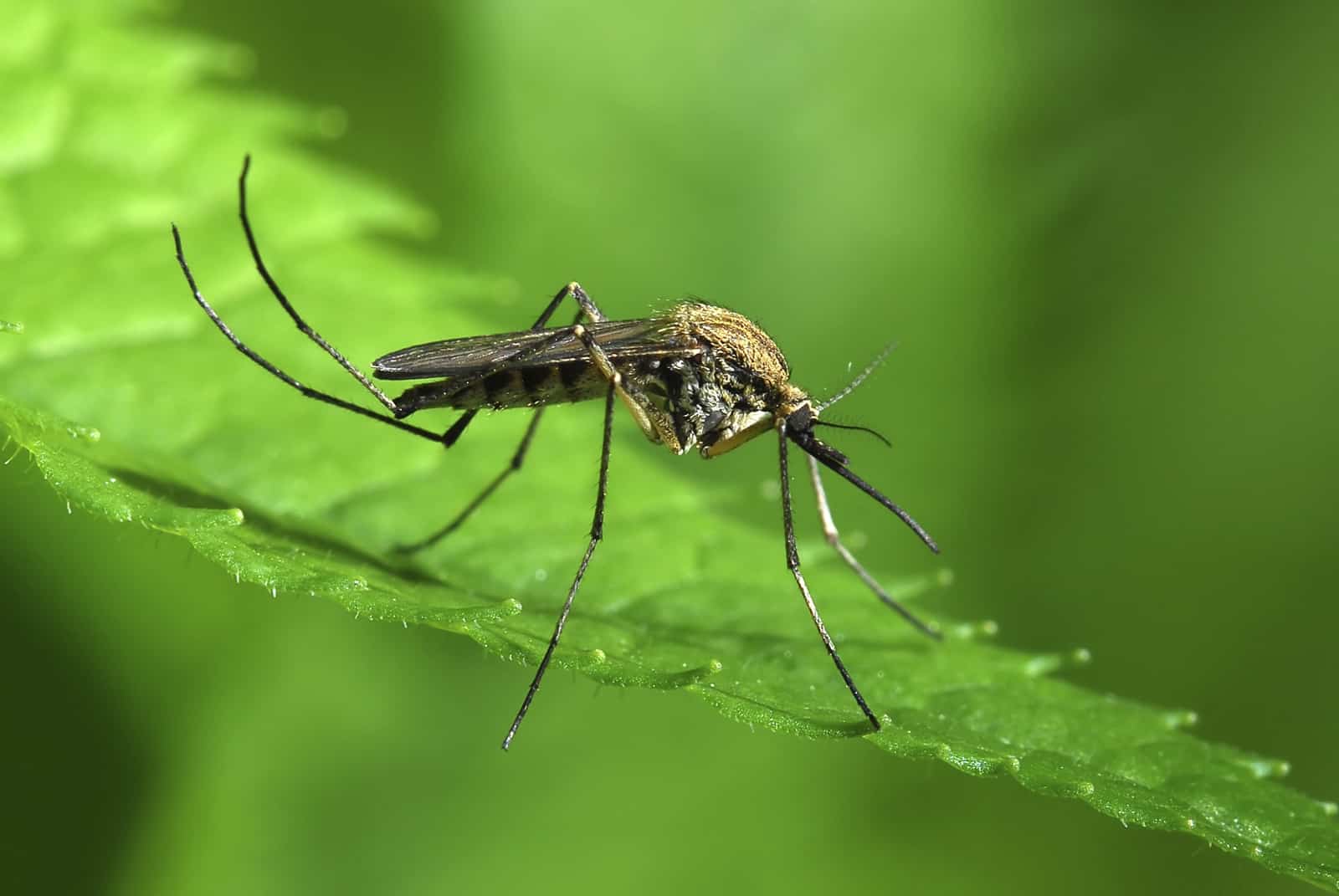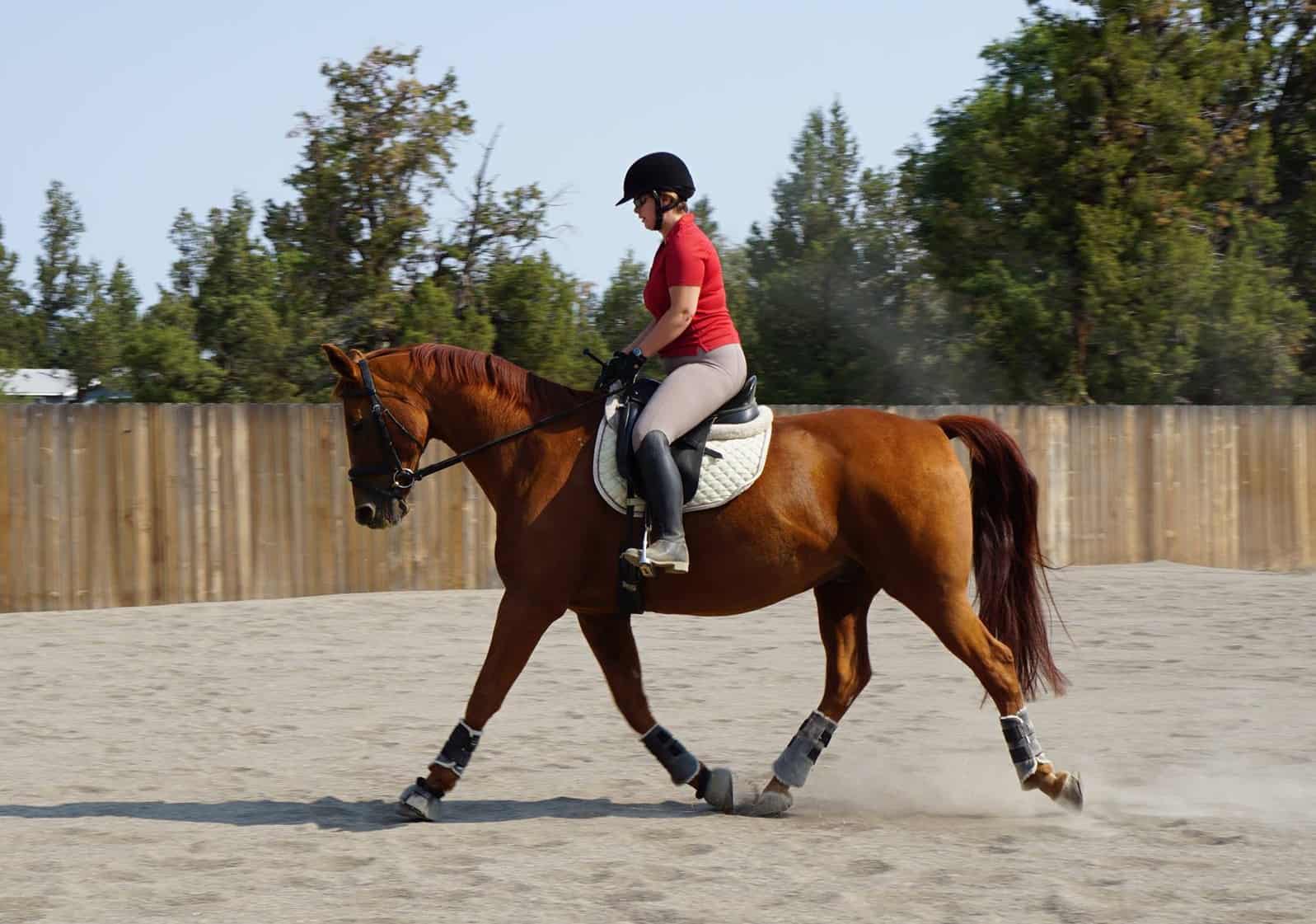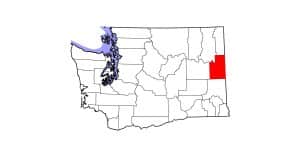Fatal Equine WNV Case Reported in Alabama

WNV transmission occurs when infected mosquitoes feed on animals, as well as humans, after having fed on infected birds. This is the first WNV case reported for this year in the state, according to a statement released by ADPH. No human infections have been reported, but the risk will remain through the active mosquito season, the release said.
“Positive cases in veterinary species, such as horses, can serve as a reminder that infected mosquitoes are circulating and people can be at risk,” said Alabama State Public Health Veterinarian Dee W. Jones, DVM. Jones stressed that people only get infected from mosquitoes and that horses do not pose an additional risk for human infection.
 RELATED CONTENT: West Nile Virus in U.S
RELATED CONTENT: West Nile Virus in U.SCreate a free account with TheHorse.com to view this content.
TheHorse.com is home to thousands of free articles about horse health care. In order to access some of our exclusive free content, you must be signed into TheHorse.com.
Start your free account today!
Already have an account?
and continue reading.

Written by:
Michelle Anderson
Related Articles
Stay on top of the most recent Horse Health news with












